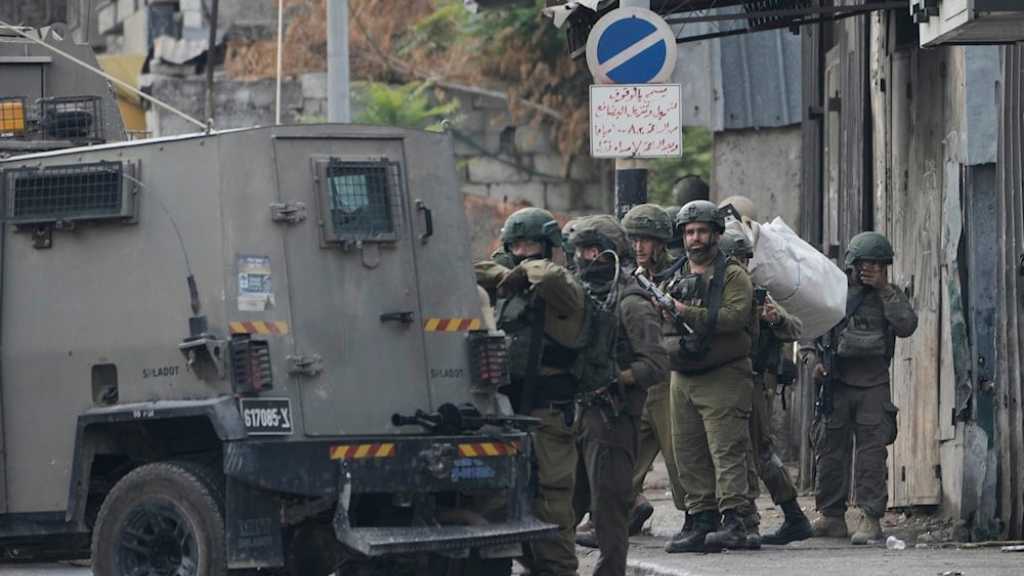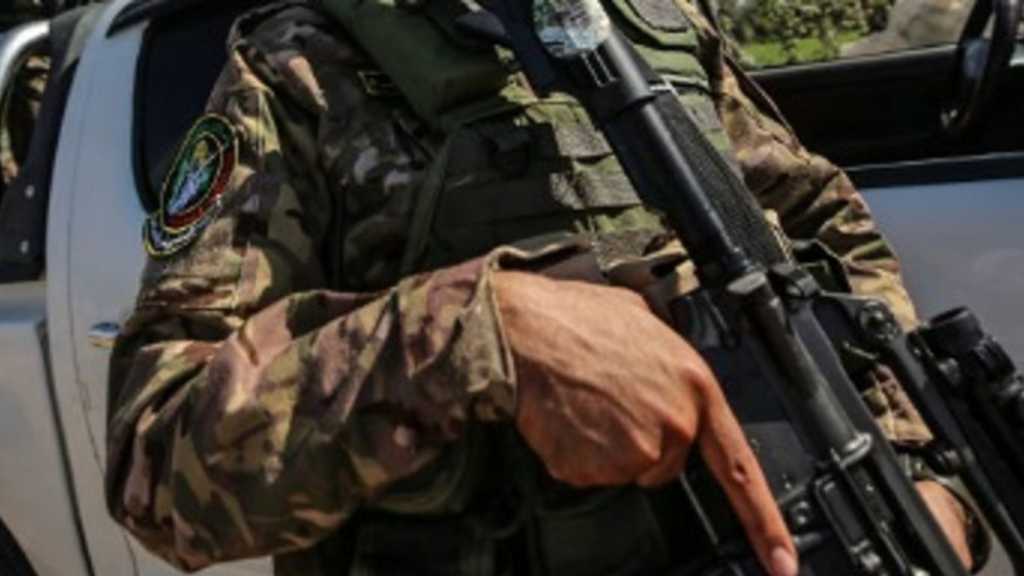“Israel’s” Military Backbone Is Crumbling Under Pressure

By Al-Ahed News
A year and a half into the war, Channel 12’s military correspondent Nitzan Shapira reports that the “Israeli” army’s reserve forces are facing a deteriorating situation. The number of reservists responding to repeated call-ups is decreasing, attendance rates are falling, and motivation is fading.
According to senior “Israeli” military officers, “unless real change happens soon, there may be no one left to fight in the next war.” Faced with a growing manpower shortage, the “Israeli” army—already stretched thin in Gaza, Lebanon, Syria and the West Bank—is struggling to maintain operational readiness. Shapira describes unprecedented measures, including commanders personally urging individuals to enlist, extensive unit reshuffling, and even the use of social media to recruit reservists.
For the first time, the “Israeli” military has released data that highlights a concerning trend: since the war began and up until February 2025, reservist attendance has declined by over 40%. The drop coincides with rising public criticism of widespread exemptions from service, particularly for ultra-Orthodox Jews. “At the beginning of the fighting, turnout was at 100%, even 300%,” said Reserve Officer Oz Amos. “Now we’re barely reaching 50–70%.” He attributed this decline to the belief that the military burden is not being shared fairly.
The Personal Cost of Endless Deployments
Shapira notes that the personnel shortage has led to increasingly unconventional recruitment efforts. Some commanders now attempt to enlist soldiers directly via social media. Yet even with such outreach, results remain insufficient. “If a war breaks out tomorrow, we’ll be in real trouble,” warned Amos. “I’ll have a fragmented unit going into battle.” He elaborates: “Some militaries foster cohesion. But here, a soldier serves for a month, then goes home for two months—only to be called up again unexpectedly. That doesn’t work. We need to train and fight together.”
In the past six months, the “Israeli” army began reactivating reservists who were previously exempt, in an attempt to fill the gaps. But Shapira argues that this move alone falls short. Many are now calling for deep structural reform.
“This kind of service is costing people their livelihoods,” said Reserve Commander Royi. “The war we’re in this year is only going to get worse. We need structural reform and a clear, long-term plan—including real incentives for those who serve,” he added, calling for binding legislative reform of the reserve system.
A Warning Sign for Decision-Makers
For years, “Israel’s” reserve system operated on the assumption that everyone reports when summoned. That social contract is now unraveling. Morale is sinking, fatigue is mounting, and the reality on the ground is clear: the system cannot continue without major change.
“We need help,” Royi stated. “We need more shoulders to carry the load. And I’m not speaking just for myself. I speak as a commander, as an officer—when we reach the end of this round and sit with our heads in our hands, it’s clear we can’t go on like this into the next war.”
Shapira concludes with a sobering message: Tel Aviv’s leadership cannot afford to ignore the warning signs. Once considered the backbone of the “Israeli” army, the reserve corps is crumbling under pressure.
Comments




